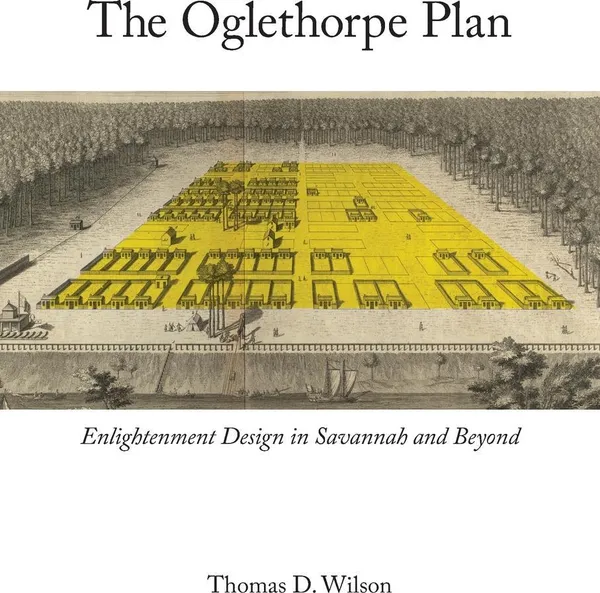Oglethorpe Plan. Enlightenment Design in Savannah and Beyond 6+
Автор: Thomas D Wilson
2015
272 страницы
Категория: Искусство и культура
ISBN: 9780813936628
Язык: Английский
📒 This is a fascinating book that shifts perception of Oglethorpe's Savannah plan dramatically from that of a beautiful but essentially limited example of utopian design to an urban model fully representative of mainstream eighteenth-century intellectual thought.-Jack Williams, Professor Emeritus, Auburn University, author of East 40 Degrees (Virginia)Thomas Wilson brings a fresh perspective on the planning accomplishments of James Oglethorpe, situating Savannah's famous urban plan within the broader framework of Enlightenment philosophy, social reform, religious philanthropy, and agrarian idealism. His study challenges accepted notions of Oglethorpe's intentions and makes a compelling case for understanding the urban plan of Savannah as part of an integrated system of land use planning. This book will be a valuable resource to anyone interested in the history and planning of American cities.-Robin Williams, Savannah College of Art and DesignWilson is deeply familiar with Savannah.... [His] detailing of this history is serious but accessible, not stuffy or academic. It's a fascinating tour of the potential, and the limits, of design.-Landscape Architecture MagazineTo make the familiar unfamiliar is one of the most powerful acts of a historian and Wilson does this. His carefully researched story describes both Oglethorpe's contribution to the Enlightenment and the rich intellec- tual context for both the idea's initial generation and its manifestation in ...
Мнения
